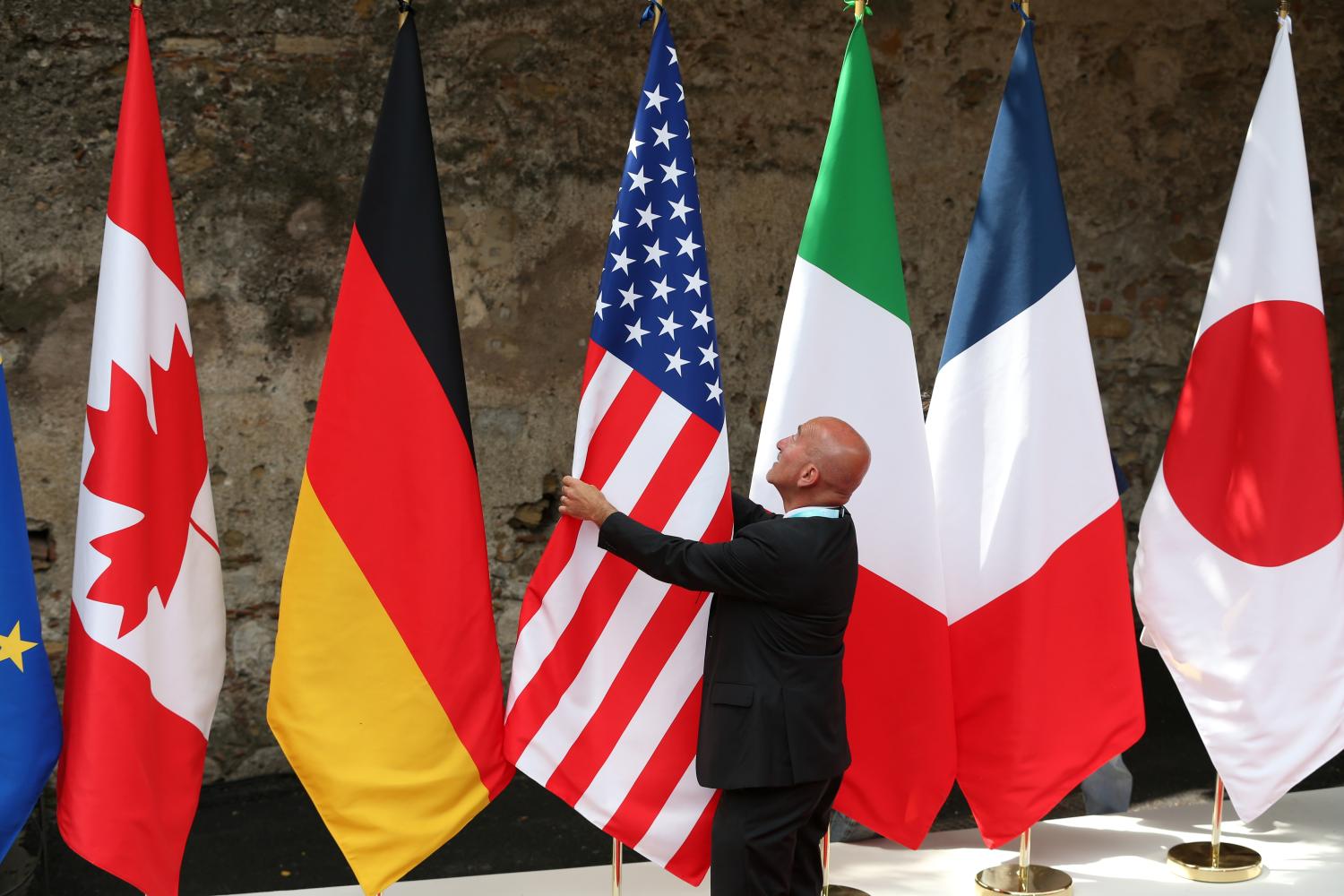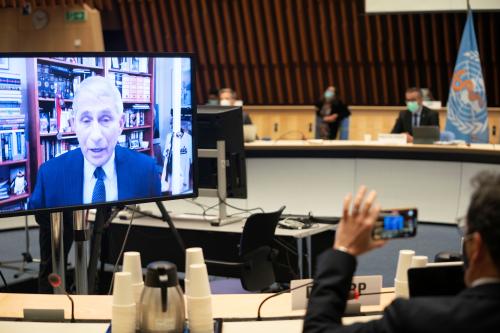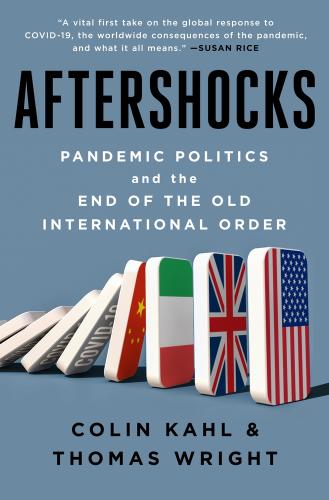Executive Summary
This paper looks at how multilateralists in the United States and Europe are thinking about strengthening a cooperative international order at a time when populism and nationalism are strong forces in many of the major powers. The paper distinguishes between three pathways that multilateralism might take, particularly in Europe: the hitherto dominant incrementalist approach which involves trying to gradually integrate China and other non-Western powers into the order; an “alone in the jungle” approach whereby Europe would operate as a third pole between the United States and China; and a “reinvigorating the free world” approach, with Europe working with the United States to strengthen free and open democracies against authoritarian challenges.
The incrementalist approach is the path of least resistance, but it also seems like the least sustainable if the political trends we are experiencing — nationalist populism as a force within democracies and great power rivalry between the United States and China — persist. The alone in the jungle strategy would be a disaster for the liberal international order, as it would split two of its greatest champions, the United States and the European Union. However, if Trumpism makes a comeback in the United States, a significant number of Europeans will feel that there is an equivalency between America and China and may be drawn to this approach. The strategy of reinvigorating the free world is best suited to deepening and modernizing cooperation amongst liberal democracies, but for many Europeans the continued strength of Trumpism in the Republican Party, as well as fears of rivalry with China, gives them pause about pursuing this option.
The Brookings Institution is committed to quality, independence, and impact.
We are supported by a diverse array of funders. In line with our values and policies, each Brookings publication represents the sole views of its author(s).







